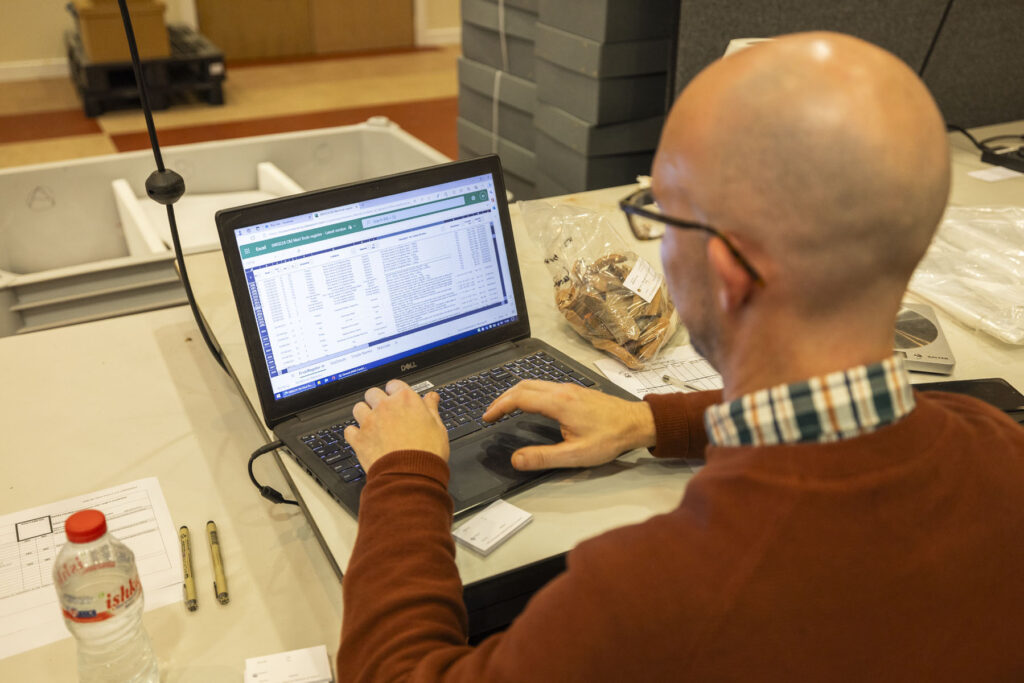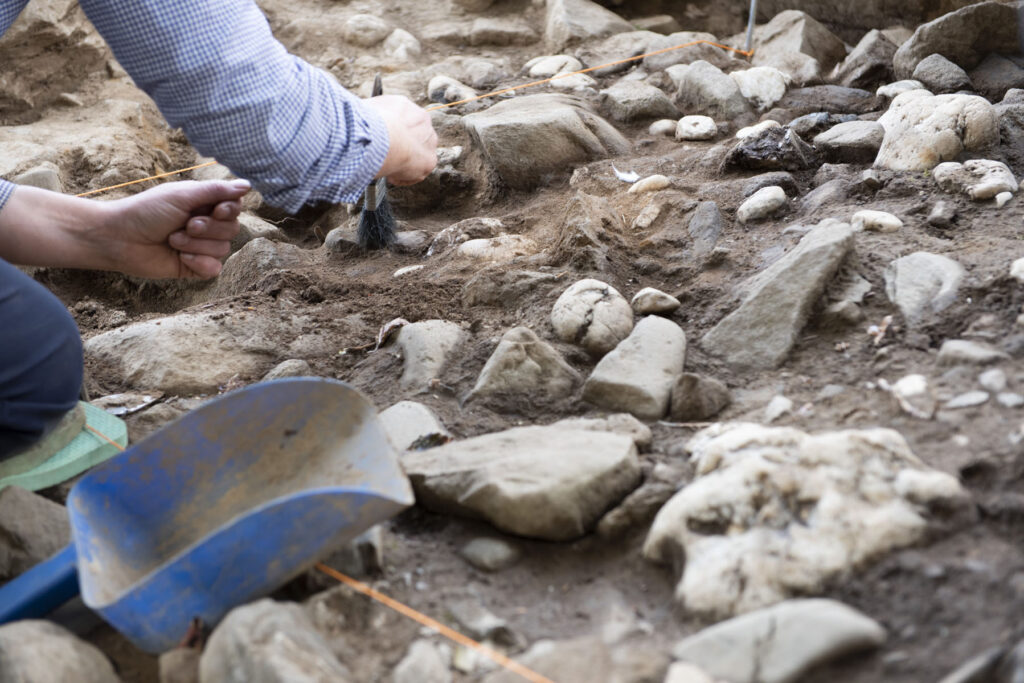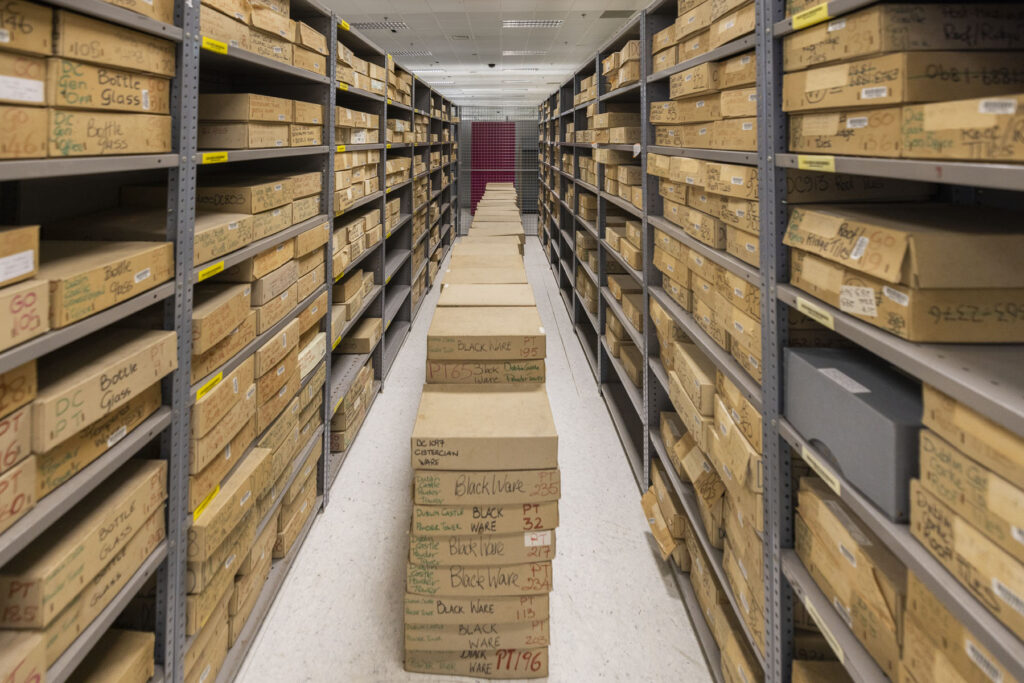When is an Excavation Licence required?
An Excavation Licence is mandatory when carrying out any excavation for archaeological purposes (unless the works are carried out under Ministerial Direction or Ministerial Consent). We also advise that an Excavation Licence be obtained when carrying out archaeological monitoring.
Note: For certain types of archaeological investigation it may be necessary to obtain other supporting consents or licences in parallel with the Excavation Licence. For example, a Detection Device Consent is required to use a metal detector to search for artefacts as part of the archaeological excavation; a Dive Licence is required to carry out an excavation at an underwater site.
Who can apply for an Excavation Licence
All applicants for Excavation Licences should be knowledgeable about archaeology generally—and Irish archaeology in particular—and must be competent to carry out an archaeological excavation. This is assessed at a competency interview. Archaeologists from European Union (EU) and European Economic Area (EEA) member states who wish to carry out archaeological excavations in Ireland on a temporary or occasional basis can apply for an exemption to the interview requirement. Please see the Competency Interview section for more information on becoming licence-eligible by interview or through the exemption process.
Applicants must also be in ‘good standing’ at the time of making an application: they must have satisfactorily complied with the conditions of any previous licences issued to them, and in particular they must have complied with all the reporting requirements. If an applicant is not in ‘good standing’, then processing of an application may be delayed while any outstanding requirements from previously held licences are mediated. The National Monuments Service also reserves the right to refuse licence applications where such matters remain unresolved.
Where can I see the relevant legislation?
- National Monuments Acts 1930–2014



